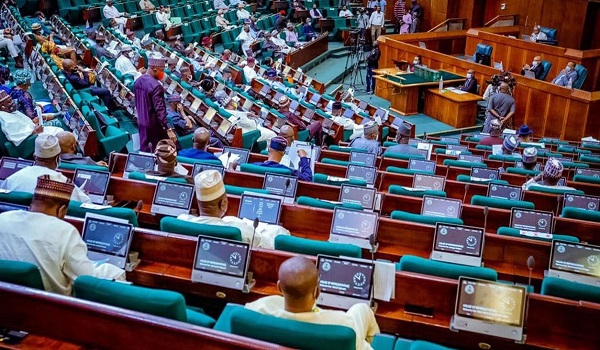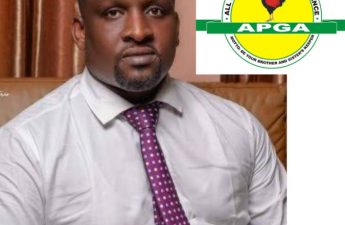A motion brought by Hon Ugochinyere Ikenga aimed at suspending the recent increase in the pump price of petrol has been rejected the House of Representatives has rejected an amendment to a motion.
Deputy Speaker Benjamin Kalu, who was presiding over the plenary session, raised a question about whether it was within the House’s jurisdiction to take such a position, citing that pump prices are primarily controlled by market forces.
The motion called for an investigation into the price increases that occurred after the removal of the petrol subsidy. However, instead of immediately suspending the price hike, the House decided to launch an investigation to verify the accuracy of the reported increases.
Ugochinyere is the lawmaker representing Ideato Federal Constituency.
In another related matter, the House also rejected a separate motion proposing the creation of an Ad-hoc Committee. The purpose of this committee was to gather input from lawmakers, Civil Society Organizations, and the general public. The aim was to engage the government in discussions regarding the selection of appropriate palliative measures to mitigate the impact of removing the fuel subsidy in Nigeria.
This rejection took place amid uncertainties among Nigerians and within the House itself. There were concerns about how the funds allocated to the President would be utilized, prompting apprehension among the members.
Honourable Dennis Agbo, the proponent of the rejected motion, expressed the belief that it was crucial for Nigerians to have a say in determining the most effective palliatives for their situation. He also expressed concerns about the limitations of the proposed monthly cash handout of ₦8,000, particularly in the face of potential inflationary pressures, for a selected household of five members.
In summary, the House of Representatives declined to suspend the petrol price increase immediately but opted to conduct an investigation. Additionally, they rejected the proposal to create a committee to explore palliative options, raising questions about the effectiveness of the proposed cash handout and seeking ways to address the fuel subsidy removal’s impact on the Nigerian population.



